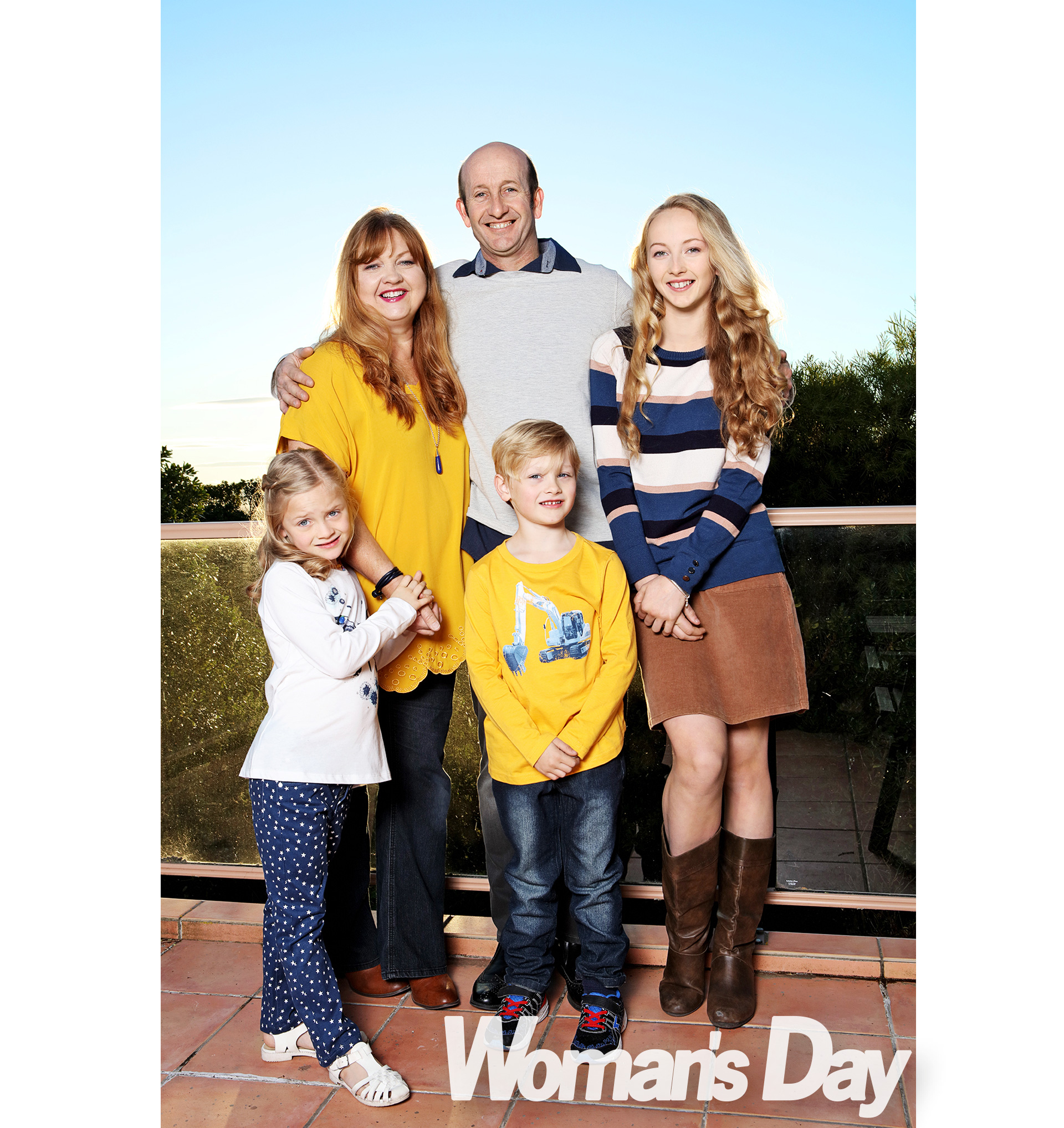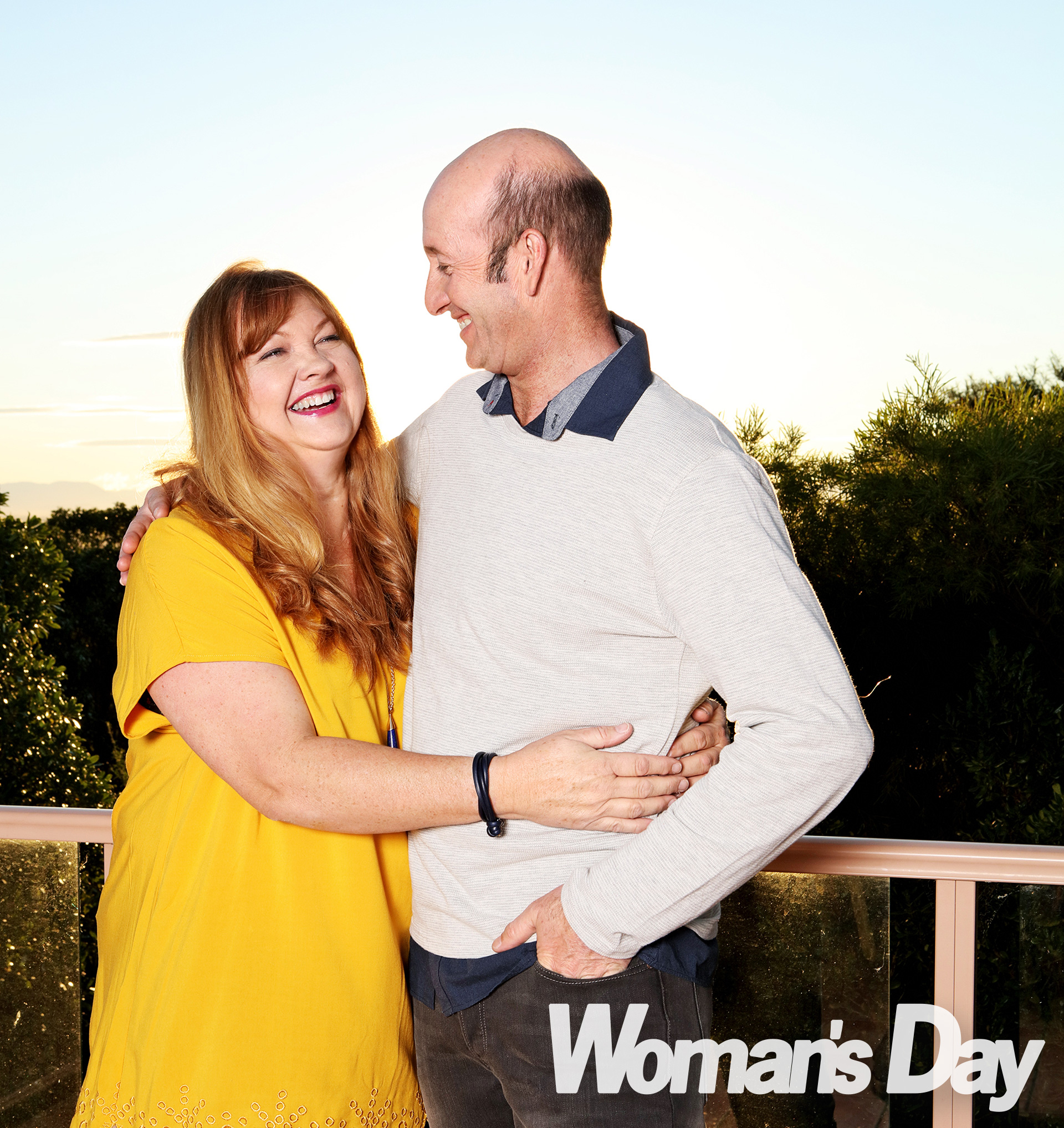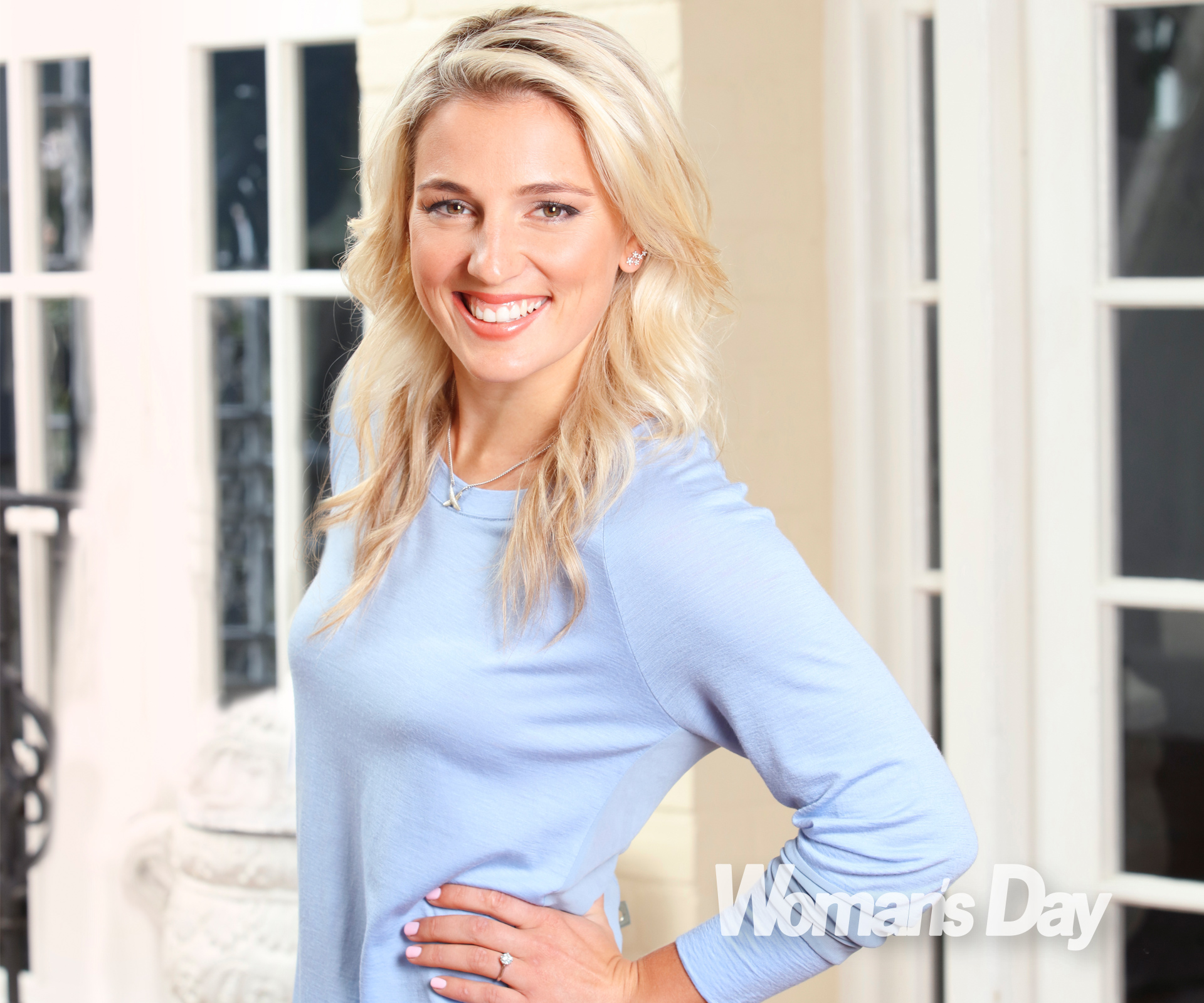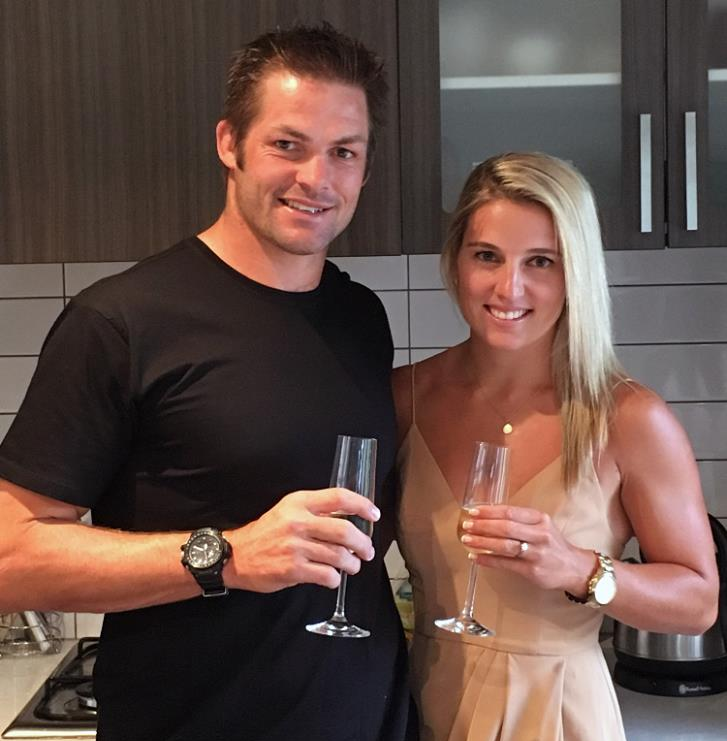Walking through the door of his Christchurch rental home, his arms laden with school bags and enough goodies from his local bakery to feed a small army, Black Cap legend Chris Harris is trying his best to restore some order amid the chaos.
His six-year-old twins, Louie and Phoebe, are racing around the living room, eldest daughter Sophie, 15, is practising a dance routine in the middle of the kitchen and, to top things off, one of the six adorable puppies the family are minding for a friend has escaped from downstairs and is making a beeline for the front door.
It would be enough to make any parent give up and settle on the couch with a cup of tea (or something stronger), but Chris and Linda, his wife of 19 years, have often hoped for this level of pandemonium. “This is our normal,” says Linda with a laugh.
It took the Christchurch couple seven years, seven IVF attempts and an eye-watering $70,000 to conceive Louie and Phoebe, who finally completed the family they’d long yearned for. Speaking to Woman’s Day with his trademark candour, Chris now wants to warn other couples against complacency when it comes to fertility.
“We were lucky,” he tells. “It was a very tough, demanding process, but we wouldn’t take any of it back.”
The Harris’ journey began in 1992 when they first met. Chris, then 22, had just made it into the Black Caps team, and while he and Linda, then 26, both desperately wanted children, they decided to put off having a baby until later in his international career as Linda didn’t want their baby to grow up without Chris around.
“His desire to have kids was one of his most attractive qualities,” says Linda, 50. “At the time, he said his career would probably last four or five years, maximum. Well, that didn’t happen!”

“It’s because I wasn’t very good and I didn’t think I’d be there for long!” Chris, 46, shoots back with a laugh. After talking to other cricketers’ wives, Linda was convinced of her decision to delay having kids and didn’t dwell on any problems the couple might have in trying to conceive. “I actually thought, ‘Oh, there’s always IVF,’” she tells, shaking her head.
When Linda turned 34, she and Chris decided to stop using contraception and see what happened. It took two years – with both of them putting the delay down to the fact Chris was almost never home – but they naturally fell pregnant with Sophie, who was born in 2001.
They soon started trying again for a second child and while friends around them kept conceiving, they did not. Linda started thinking something might be wrong.
“We were in England at the time and I was wondering, ‘Why is everyone else pregnant and not me?’” she remembers. “So I bought an ovulation kit, which wasn’t available in New Zealand back then, and when it was the right time of the month, it would pop up with a smiley face. I used to call those ‘smiley face’ days.”

“I liked smiley face days,” Chris chimes in, grinning. “Actually, I’m thinking of reintroducing it. I used to get these phone calls – ‘Get home now!’ I was like, ‘All right, on my way!’ I know it wasn’t working for you, but it was really working for me.”
Shaking her head, Linda pulls the conversation back on track, adding that she still had a gut feeling that something wasn’t right. Chris, meanwhile, insisted they should just continue to be more “active”. Eventually Linda, who was about to turn 40 at this point, convinced her husband to accompany her to a specialist, who tested their fertility.
“What I didn’t realise was that we women are born with so many eggs – you can’t make more,” she explains. “Like I said, I always had this thing of, ‘Oh, well, I can always have IVF.’ But it’s not that simple. My reading came back with low to zero fertility.”

The news hit the couple “like a brick to the face” and they initially gave up all hope of adding to their family. But matters were complicated by Sophie’s continuing birthday and Christmas wishes to have a little brother or sister.
“It was devastating,” nods Chris. “She kept saying, ‘I asked Santa to buy you a baby. Do you think he will?’ So we told her that we were trying to buy one.”
Though they weren’t eligible for any government funding for IVF, as Linda was beyond the age limit for financial support, she and Chris began the first of what would become seven cycles of the treatment – and it tested both of their limits.
“The whole process took about five years,” says Linda. “I just remember it cost $70,000!” adds Chris.“Thank God for the Indian cricket contract,” nods Linda.
“If Chris hadn’t taken that cricket contract over there when he did, we wouldn’t have our babies today. I really feel for people who can’t afford it. It’s just not fair.” Chris learnt very quickly that the procedure played havoc with Linda’s hormones and he chooses his words very carefully as he tries to describe the experience.

“I don’t want to say something I’ll regret,” he says, a huge grin on his face as he gives his wife a sly look. Linda just rolls her eyes. “It’s definitely a challenging time. Obviously, it was testing for Linda, but it’s tough on the partners as well because you’ve got to be supportive and try to understand the emotional side of it.
“I learnt a valuable lesson – women don’t always want you to solve everything. Sometimes they just want you to listen. And it took me a long time to work that out!” The twins were conceived on the couple’s seventh and final attempt, after Chris and Linda decided enough was enough.
“That first cycle was particularly devastating,” nods Chris. “But afterwards, we found out it’s really rare to fall pregnant on the first attempt. It was less than a 50/50 chance.”
Still, they soldiered on until their last round, comforted by the fact they knew they’d done everything they could, even if it didn’t work out. “We would have been gutted, but we had Sophie,” says Chris.
Linda adds, “We know there’s a lot of people who’d say, ‘You already have one, why would you bother?’ And there were a lot of people who said we should have been grateful for what we had. And we were, but we had to try. We love being parents so much.”

Six years later, the Harris’ are a tight family unit, with Sophie especially doting on her little brother and sister. “She’s an amazing big sister,” Chris says proudly. “She’s pretty busy with her acting and singing – she lives and breathes it – but she does play cricket too!”
And the twins are thriving as well, though Phoebe suffers from a mild form of cerebral palsy called hemiplegia. She can become overwhelmed by too much noise or commotion and is slightly weaker on one side of her body. Her symptoms are barely noticeable, which her doting parents put down to early intervention and conductive education.
The family is currently living in a rental in the hills above Christchurch, after their home was damaged by the 2011 earthquake. An infestation of mould, caused by the destruction, became so bad that the house had to be knocked down. They’re currently rebuilding.

“Having to go through the processes – EQC, insurance, all of that – it wears you down,” sighs Linda. “But we’ve had a lovely earthquake support coordination service help us, so we’re coming out the other side. I never got to decorate the twins’ rooms – that’s something I was really looking forward to during the whole IVF process. That’s a big regret.”
“Our life is never a smooth line,” adds Chris with a small smile. “It’s really good when the highs are there and, of course, the lows aren’t so good. But it makes you appreciate those highs even more when they do come. There’s that saying, ‘What doesn’t kill you makes you stronger.’ And we’ve got our beautiful babies now. We’re lucky.”


